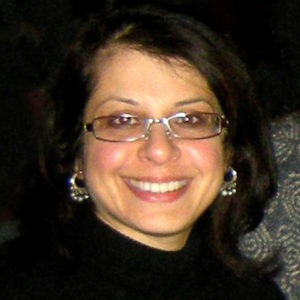Service in learning

Rooshey Hasnain
For all their time and hard work, students who take DHD 400: Disability and Human Development Capstone earn one credit on their transcript.
But they also gain skills in project management, team building, networking, critical thinking and problem-solving. Best of all, they use their classroom-acquired knowledge about disability studies for a real-world project, working with a community organization or campus unit/group that relies on them to develop a project and follow it through.